Grass Seed
We have a great variety of grass seeds available.
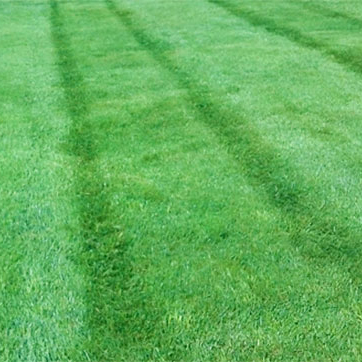
Penn State Grass Seed
- A durable mix of lawn seed for sun and part shade
- is a blend of 30% Perennial Ryegrass, 30% Kentucky Bluegrass, 30% Fescue, and 10% Annual Ryegrass
- This seed can be broadcasted at a rate of 6-8lb. / 1000 sq ft. for new seeding and 3-4lb. / 1000 sq ft for overseeding.
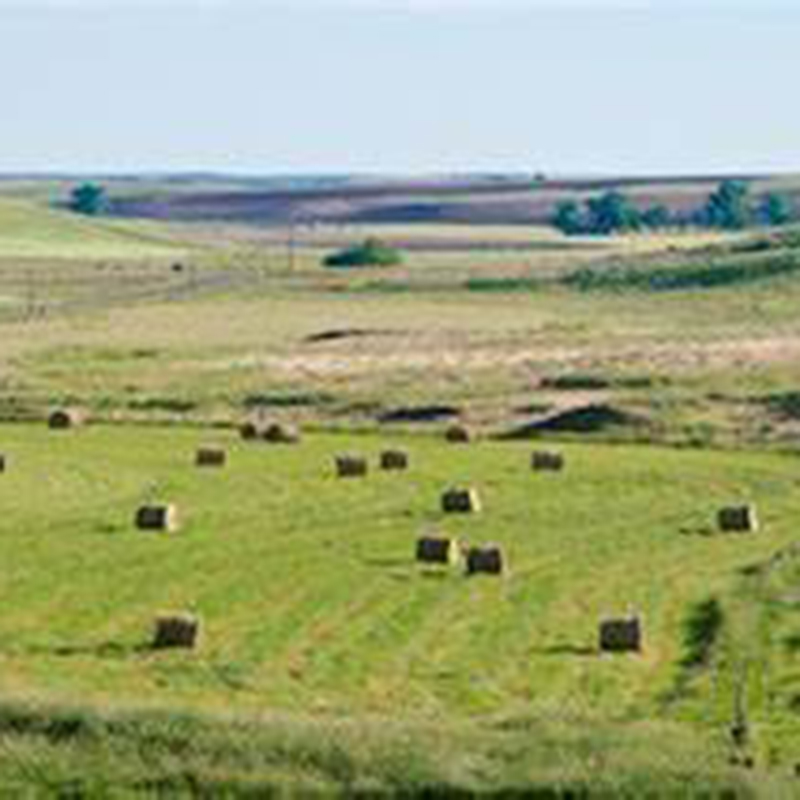
Mine Rec. Grass Seed
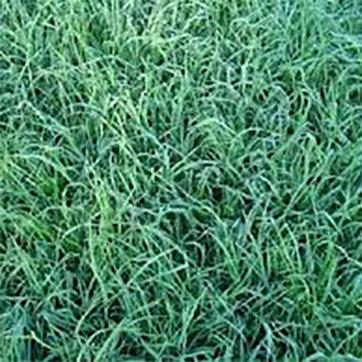
Pennlate Orchard Grass
- Late heading, high yielding.
- Recommended use with legumes with adaptive maturities.
- Somewhat winter hardy.
- A good late orchardgrass.
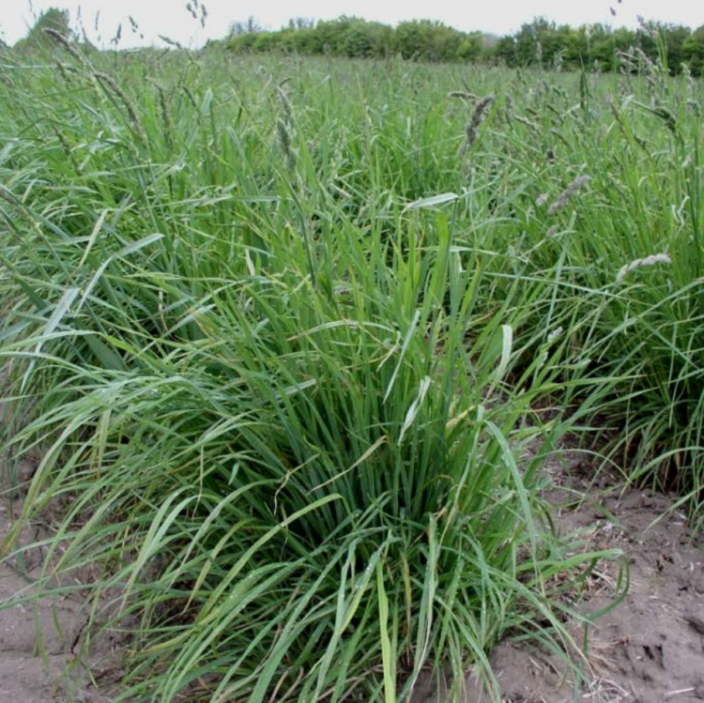
Potomac Orchard Grass
- One of the most productive cool-season grasses!
- Matures too early to be compatible with alfalfa for hay.
- Highly palatable for all wildlife and livestock.
- Primarily used for pasture and hay forage production
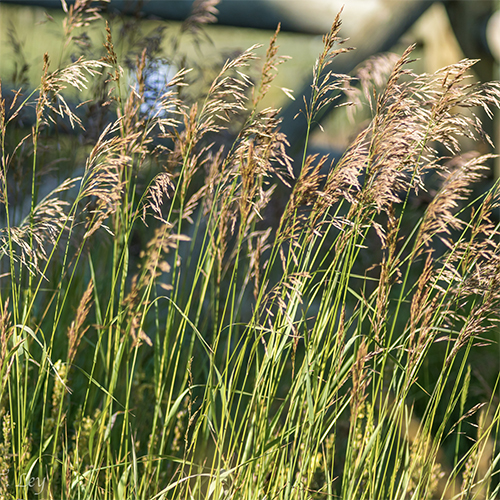
Smooth Brome Grass Seed
- Long-lived introduced perennial
- Aggressive root system
- Used for pasture, forage, disturbed sites
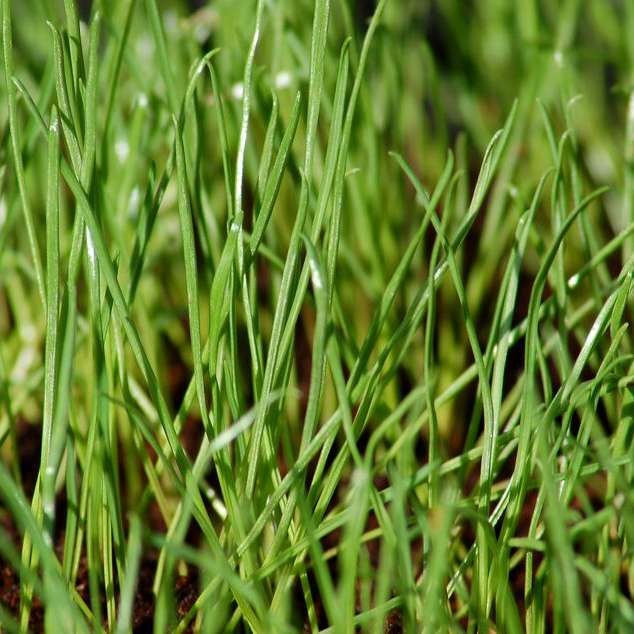
Annual Rye Grass
- Fast growing grass that makes for a great cover crop as its fibrous roots prevent soil erosion and build organic matter.
- Plant this grass early fall to late fall, or early to mid-spring and can germinate in cool weather.
- Established protective cover quickly and over seeds well at higher rates.
- Can scavenge as much as 200 pounds of nitrogen per acre.
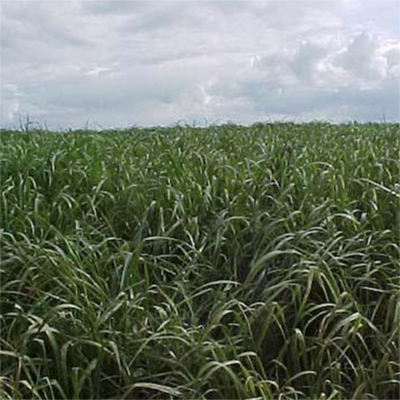
Best-For Rye Grass
- Cross of perennial and italian ryegrass.
- Produces an immense amount of forage consisting of broad dark green blades, and large succulent stems preferred by all livestock.
- Has a higher percentage of sugars in the plant, creating a grazing preference and a higher digestibility.
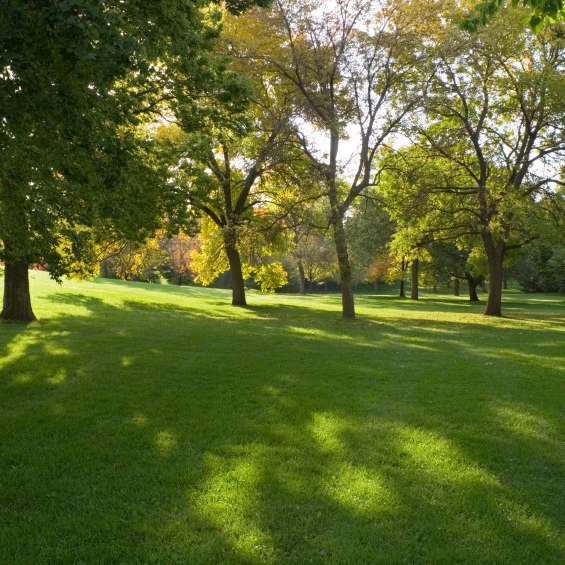
Shady Lawn Mix
- Designed for full sun & partial shade, medium bladed texture & high drought resistance
- A low maintenance lawn mix ideal for seeding around or under dense trees
- Grows with as little as 3 hours of sunlight
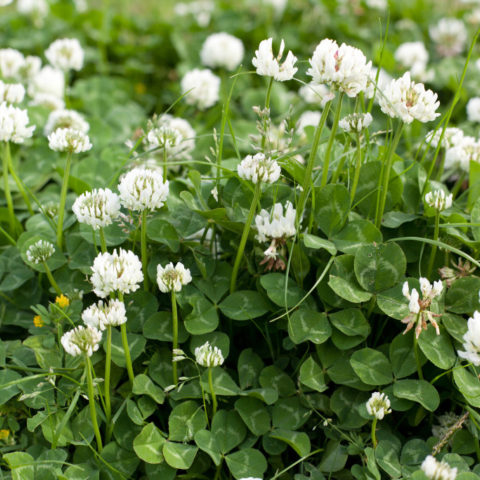
Ladino Clover
- Responsive to cool, moist conditions
- It grows best between 50 and 85 degrees F
- Not adapted to shallow, droughty soils.
- High in protein digestibility
- Heavy nitrogen fixer
- Easy to establish and moderately winter hardy.
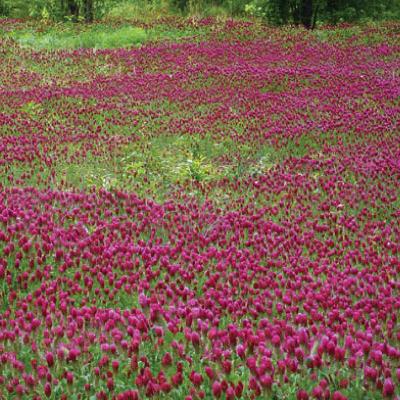
Medium Red Clover
- Short-lived introduced perennial
- Good shade tolerance
- Primarily used for hay, silage, and soil improvement
- Quick growing crop, easily established, and produces high quality forage
- Used effectively as a cover crop under silage corn
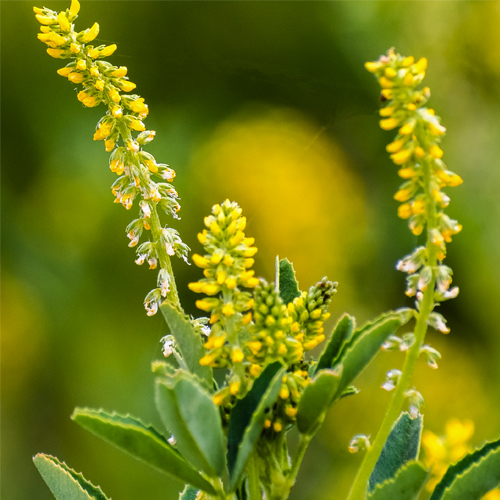
Yellow Blossom Clover
- Best used as a pasture and soil improving crop
- Rapid growth and easy establishment
- Excellent reclamation seed
- Extreme range of adaptation
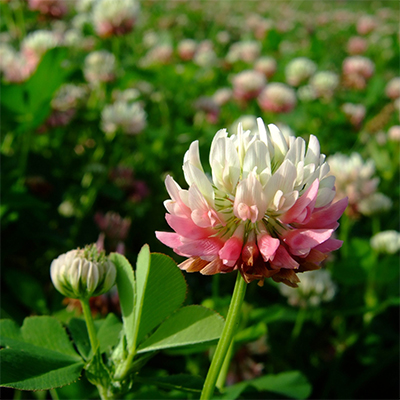
Alsike Clover
- Grows well in northern latitudes and at high elevations
- Survives severe winters and performs best where summers are cool
- Grows well on soils that are too acidic and too wet for other clover
- Does not tolerate droughty sites
- Will tolerate soils that are completely waterlogged and will withstand spring flooding up to 6 weeks
- Is not shade tolerant like red clover
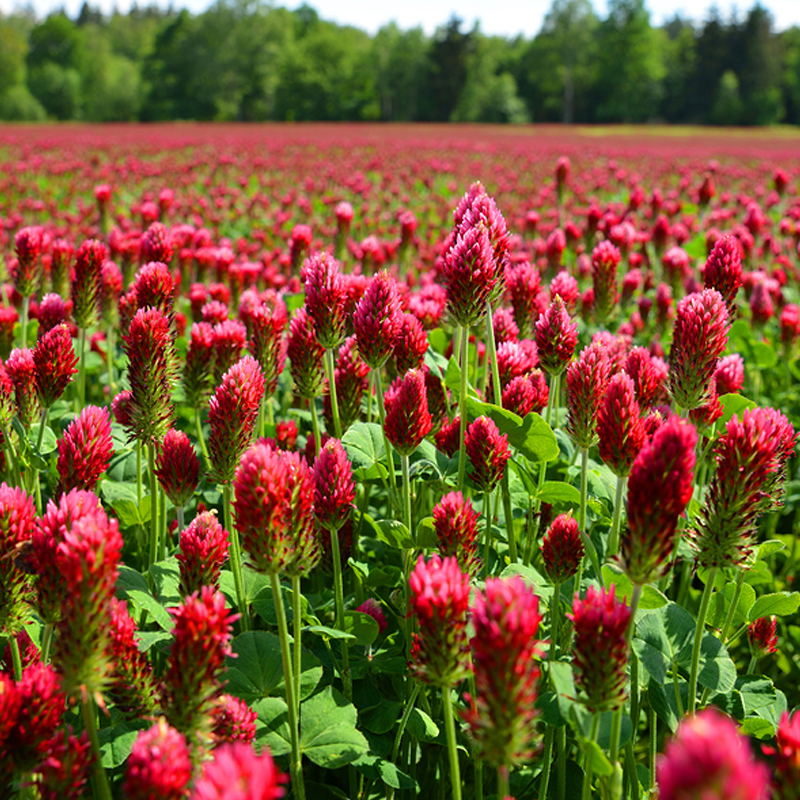
Crimson Clover
- Does well in fall growing season as well summer (in cool areas)
- Top choice for short-rotation niches as a weed suppressing green manure
- Commonly used for roadside vegetation, pastures, and erosion control sites
- Deep set roots improve soil tilth and condition
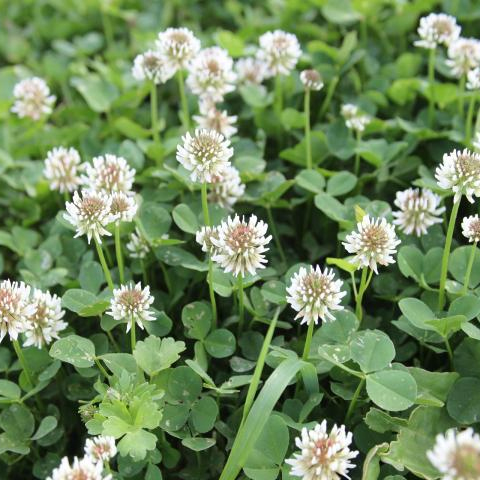
White Dutch Clover
- One of the most widely distributed legumes in the world
- Important pasture legume
- Highly palatable, nutritious forage for all classes of livestock
- Commonly planted with orchardgrass, ryegrass, or tall fescue
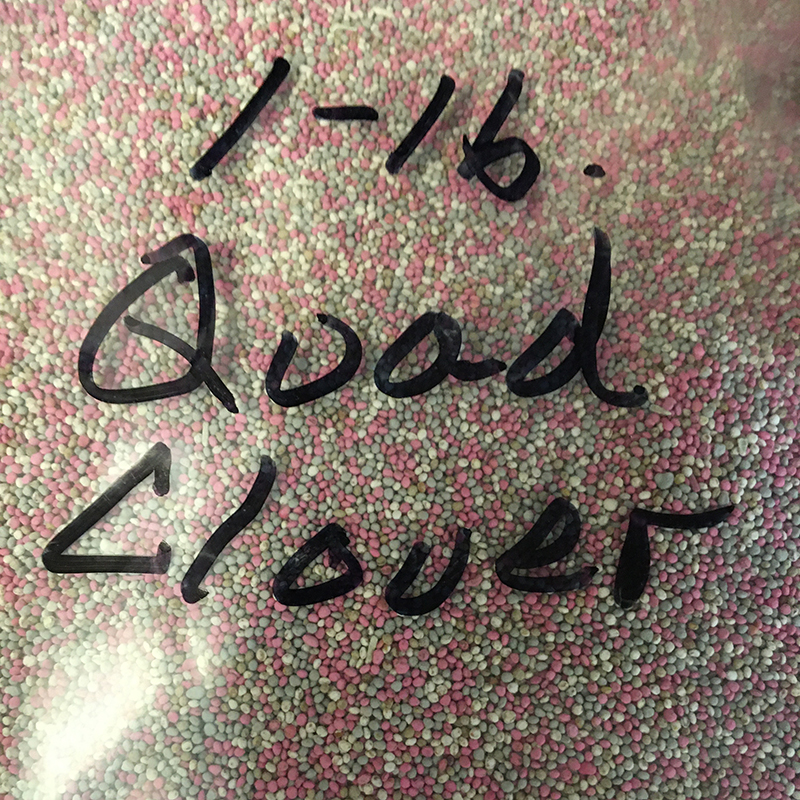
Quad Clover
Ingredients:
Synergy Ladino Clover: 24.29%
Germination & Hard Seed: 90% Origin: OR
Crusade White Clover: 16.20%
Germination & Hard Seed: 90% Origin: OR
Pinnacle Ladino Clover: 16.20%
Germination & Hard Seed: 90% Origin: NZ
Jumbo II Ladino Clover: 8.10%
Germination & Hard Seed: 90% Origin: OR
Coating Material: 34.00%
Other Crop Seed: 0.56%
Inert Matter: 0.59%
Weed Seeds: 0.06%
Noxious Weed Seeds: None Found
Net Weight: 50lbs
Test Date: 12/17
Manufactured By:
North Star Farm & Ag
19821 Paint Blvd.
Shippenville, PA 16254
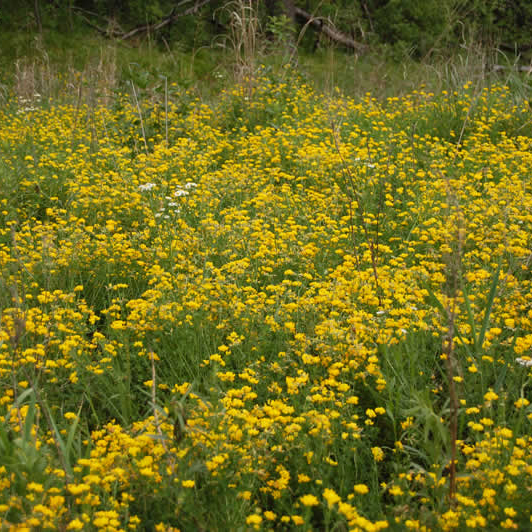
Birdsfoot Trefoil Clover
- Adapts well to production on poorly drained, low-pH soils
- Yields usually are 50 to 80 percent that of alfalfa
- Is resistant to Phytophthora root rot and numerous alfalfa insects
- Does not cause bloat in animals


